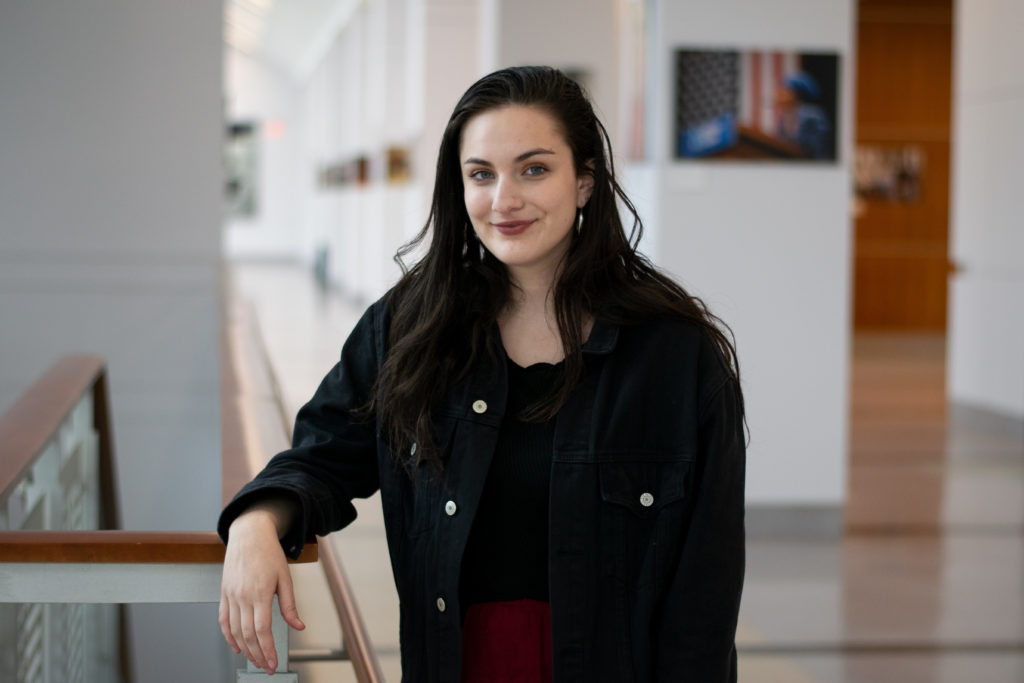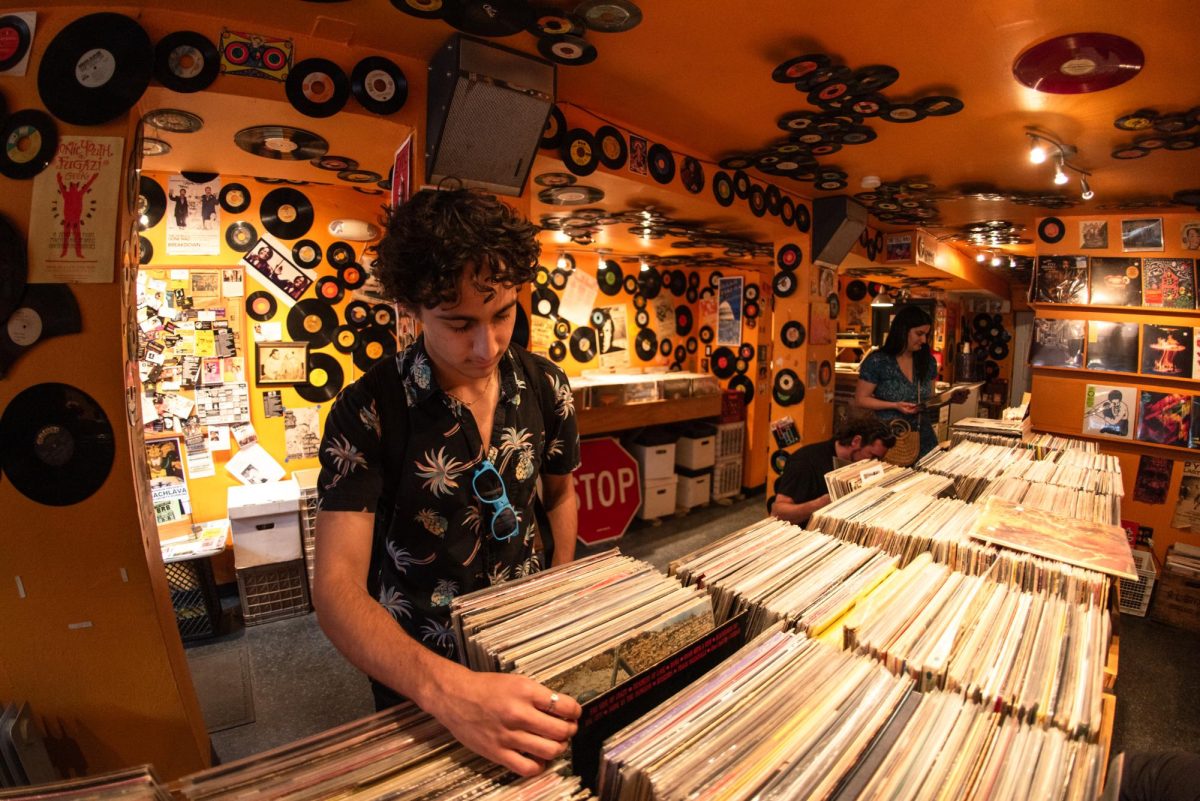Updated: Feb. 28, 2019 at 1:31 p.m.
When the short film “Period. End of Sentence” won an Oscar Sunday, a freshman celebrated a personal victory.
Alden Sabah helped raise the funds to create the Netflix short documentary which took home an Oscar in the “Best Short Documentary” category. The 26-minute documentary focuses on the stigma surrounding menstruation in a rural village in India and the problems it leads to like women dropping out of school and being unable to access sanitary products.
The documentary was produced by Melissa Berton, a teacher at Sabah’s high school in Los Angeles, which is how Sabah got involved in the project. Sabah and other students at her high school held bake sales and created a Kickstarter campaign to raise funds for the documentary.
Sabah said she joined The Pad Project – an initiative at her high school that educates young women on menstruation, prevents shame surrounding the topic and ensures that women across the globe stay in school.
“We want to make sure girls aren’t scared of what’s happening in their bodies because a lot of the time it’s a taboo subject to talk about in certain cultures, even in America,” Sabah said.
“Period. End of Sentence” shows the impact of “the pad machine,” a machine created by inventor Arunachalam Muruganantham that allows people to create pads using sustainable materials in the village of Kathikhera, India.
The short documentary demonstrates how “the pad machine” has disrupted stigmas surrounding menstruation, enabled access to low-cost sanitary products and created a micro-economy of jobs for women in the area.
Before the creation of the machine, Sabah said women in the village were often forced to use unsanitary materials like leaves and rags to create pads during their period due to both cultural shame and lack of education about menstruation.
“Not only does the pad machine let girls access period products from women that they know, but for some women working at the machine, it’s their first job and first time earning wages, allowing them to garner more respect from their communities,” Sabah said. “The women who work on the machine can also educate the girls in their community about their periods.”
Before its Oscar win, Sabah also presented the film at the D.C. Shorts Film Festival and the United Nations Commission on the Status of Women last year.
“The film winning shows that we can have a natural conversation about periods and that we should be totally open about it. There’s definitely been a cultural shift, but there’s still work to do,” she said. “It says something that my dad is sharing posts about it on Facebook and talking to his friends about the project about periods that his daughter is involved. Even small things like that make a big difference.”
The title of the documentary comes from the idea that “a period should end a sentence, not a girl’s education,” she said.
“It seems so ridiculous that something like a period could prevent a girl from going to school but it happens,” Sabah said.
This post was updated to reflect the following correction:
The Hatchet incorrectly reported that “the pad machine” was created in Kalukheda, India. It was created in Kathikhera, India. We regret this error.




